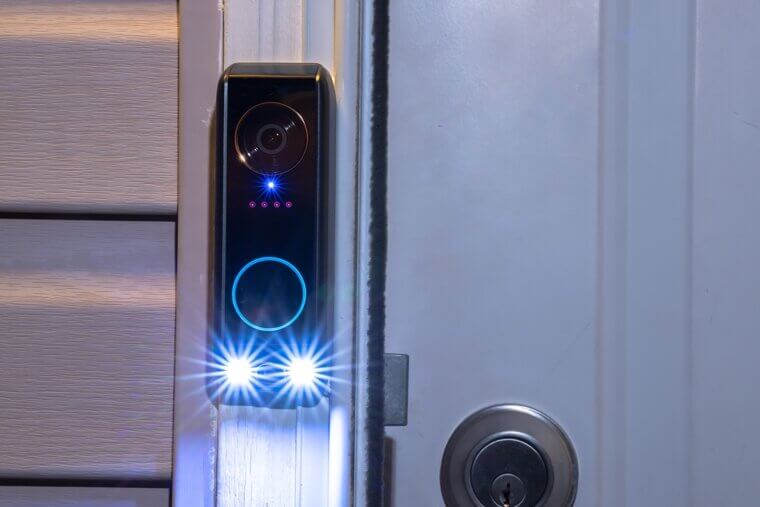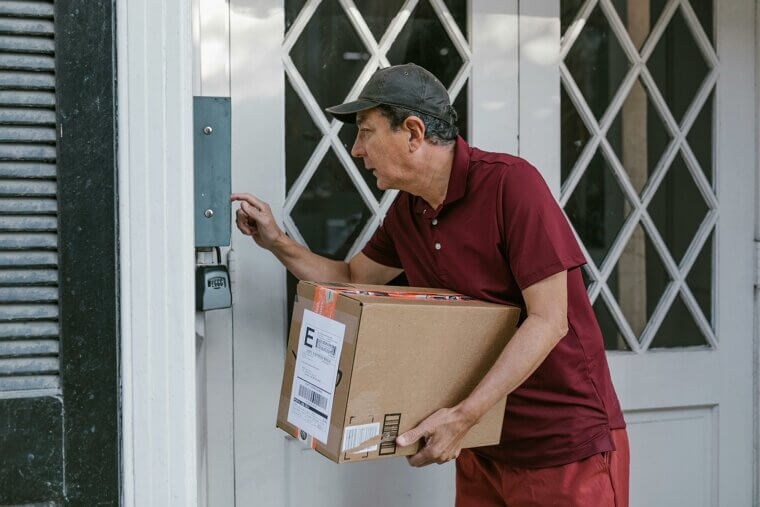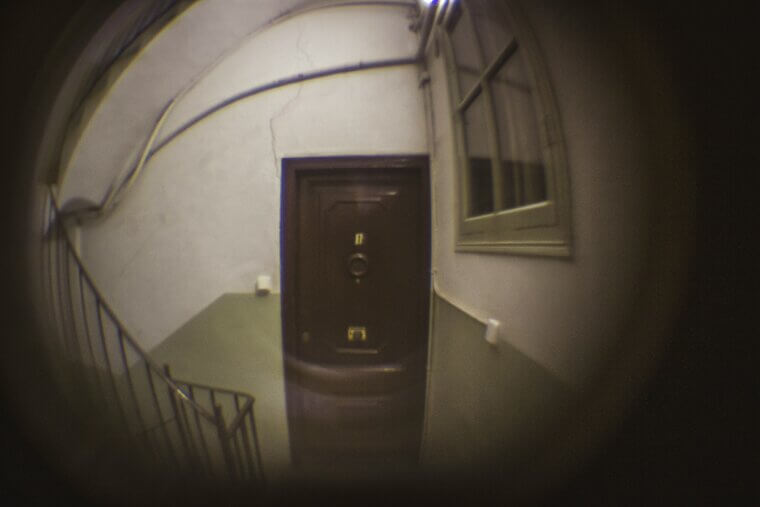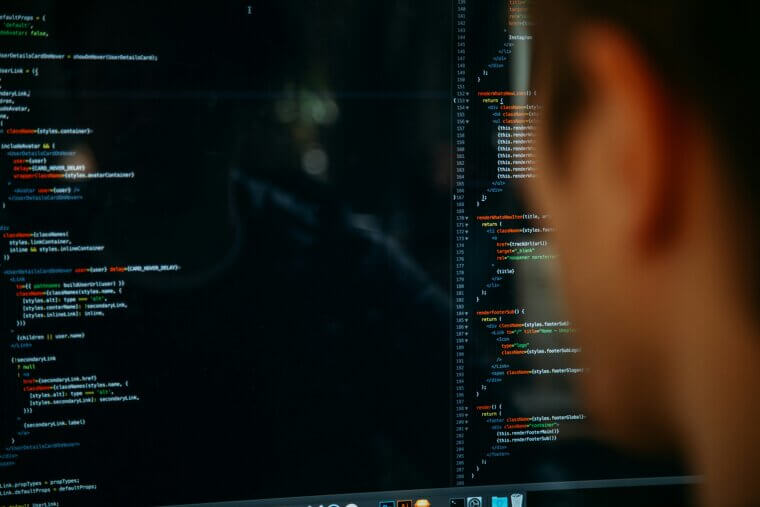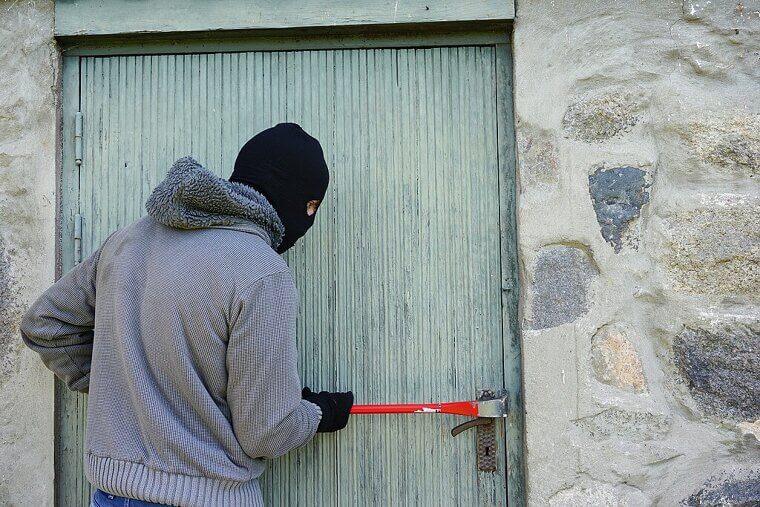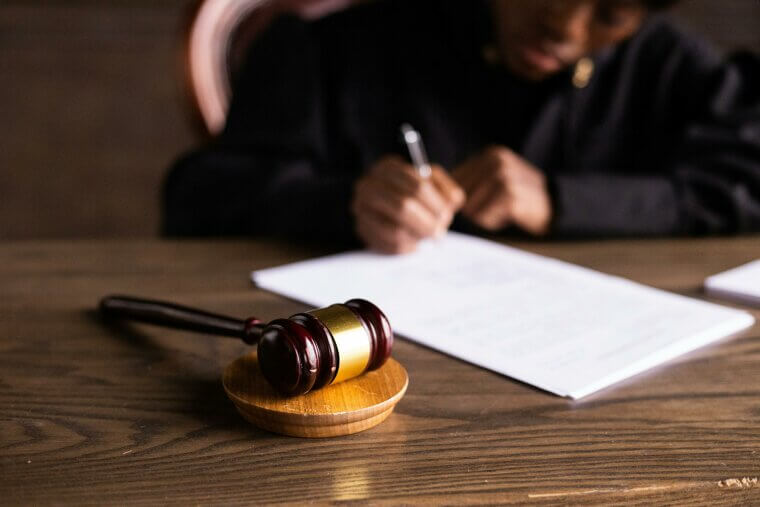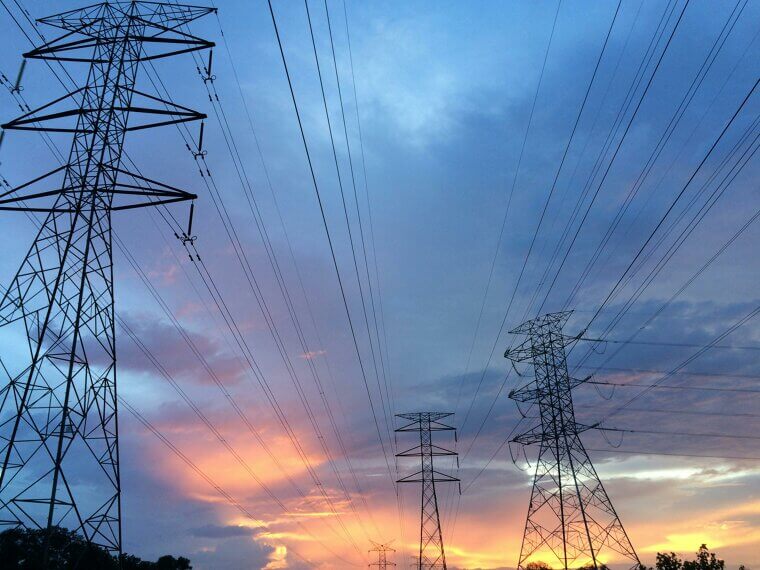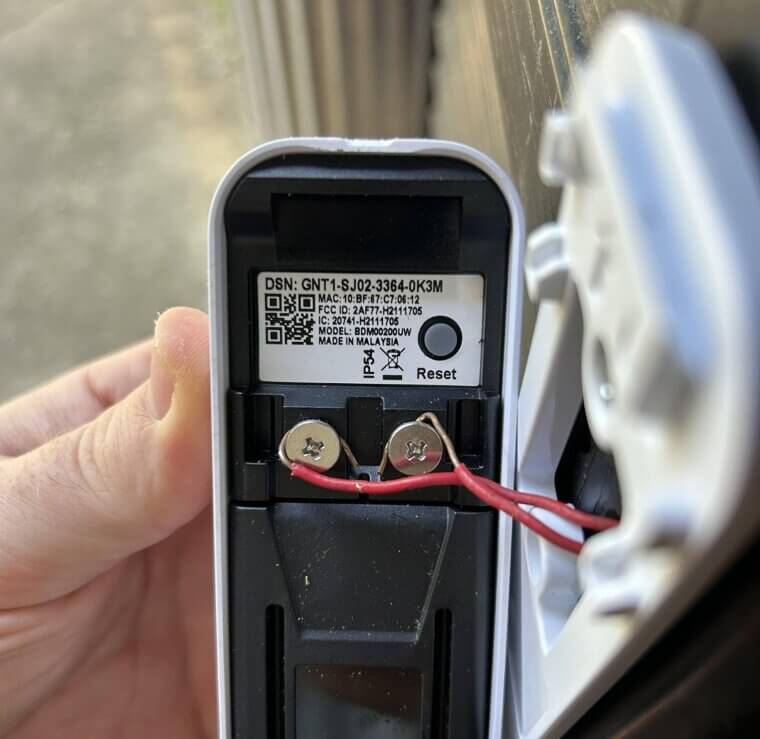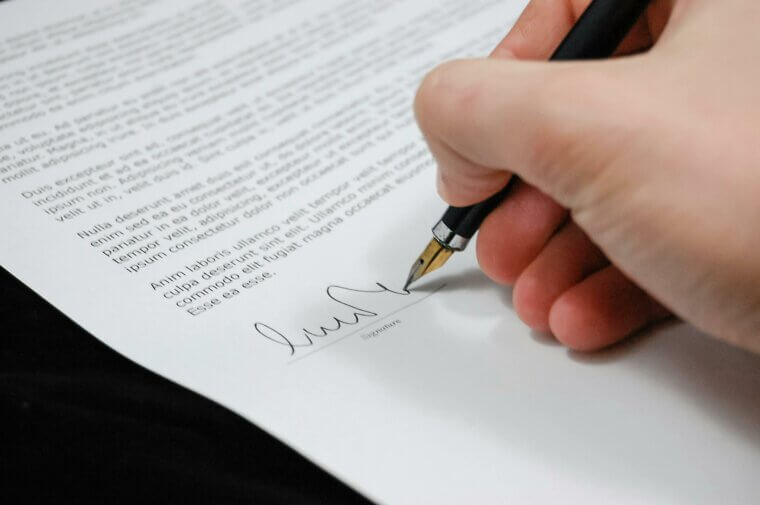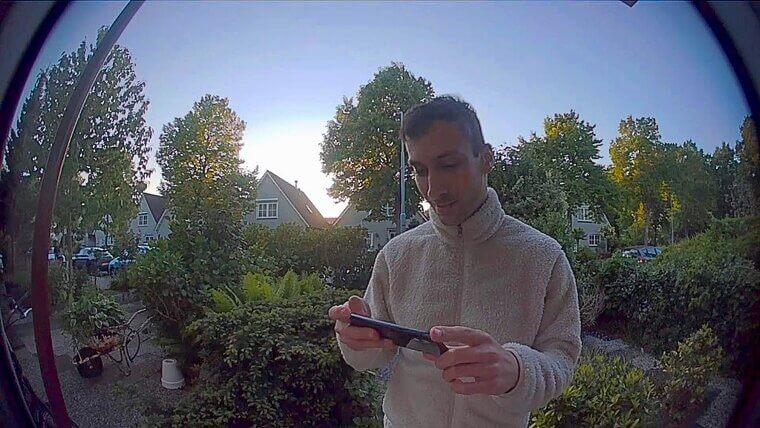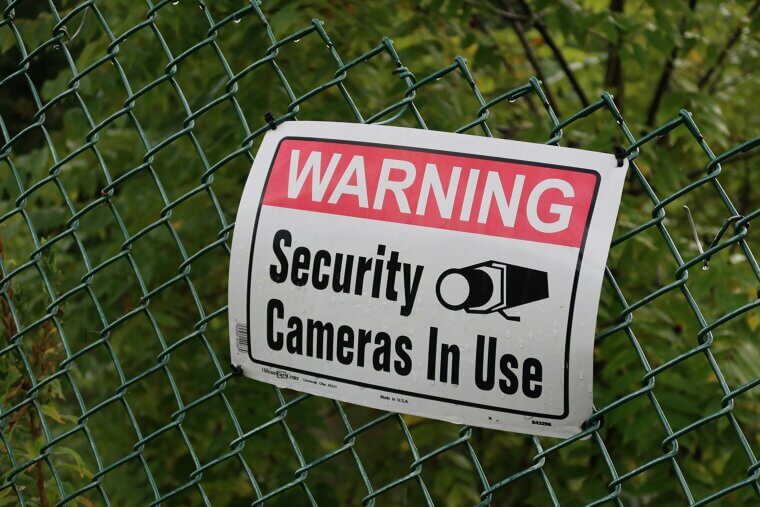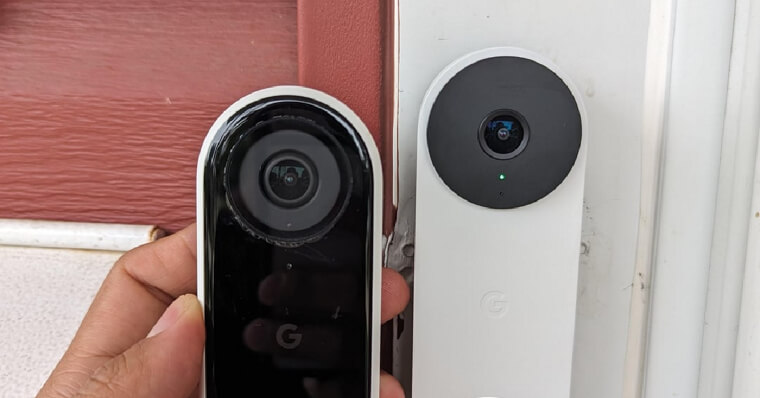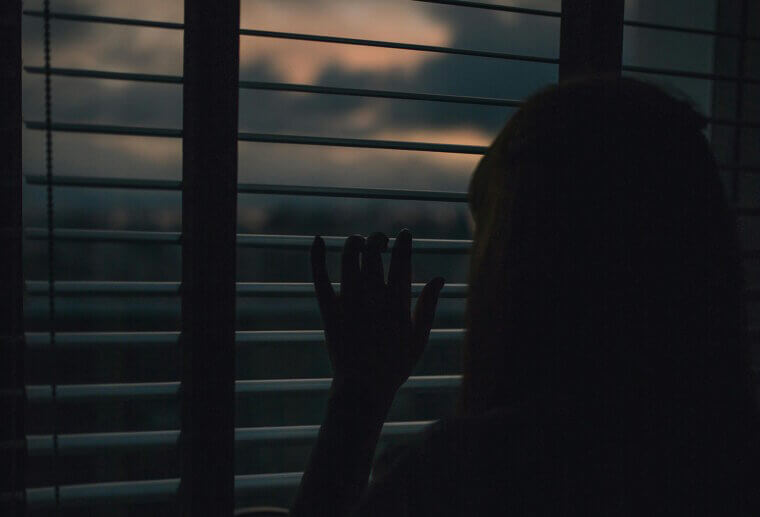Over-Reliance on Tech
It’s easy to assume that you can slack off on security if your house is being watched 24/7. However, it won’t prevent a break in should you fail to keep an eye on locks, stay vigilant, leave deterring lights on and such. Stay alert and communicate with neighbors to stay informed.
Constant Notifications
The first alerts that tell you someone’s at your door? You feel powerful, omnipotent and in control. However, by default doorbell cameras are designed for sensitivity. Soon, you’re being alerted constantly; make sure you have the right settings for you.
Privacy Concerns for Neighbors
If your camera has a wide field of vision, you don’t just capture your own property - you might get the neighbor’s too! And while that might not bother you (unless the alerts track every coming and going) they might feel like they’re under surveillance. Check your camera’s position!
Hackers Can Get In
While a camera system gives you a feeling of security, it could be the very thing that breaks it. Hackers can use them to look into your home - especially if you don’t change the password to something strong and use two-factor authentication. Cheaper cameras might not have any security at all!
False Sense of Security
Although you do get a sense of security from cameras - it’s in their name! - they can’t actually stop anyone from breaking in. They’re more effective when you use them in conjunction with other measures: alarms, strong locks, etc. They are a good early warning system though so you should report suspicious behavior ASAP.
Subscription Fees Sneak Up
You should always read the fine print. Many cameras advertise all their features, but operate on a “freemium” basis - you can view live footage for free, but anything extra requires you to pay subscription fees. They can really build up too, so consider opting for one-time fee models.
Video May Not Hold Up in Court
If you have a picture of a criminal, is it clear and timestamped? Is it on your property? All of these things can change whether your evidence is admissible in court. To have the highest chance, get auto timestamping and watermarking, and make sure your footage is encrypted when possible.
Power Outages
Although you probably know on some level that security cameras are powered, should anything happen to that power source, down they go! No Wi-Fi, no router and no electricity means no camera. You could add an uninterrupted power supply; some models even have battery back-up.
Can Be Vandalized or Stolen
Cameras might actually make your property a bigger target, and the security system could be the first thing they take.. or break! Easy-to-reach cameras are the biggest targets, so mount them high up or add backup cameras. You could also paint cameras to match the wall color.
Data May Be Shared Without You Knowing
Again, there might be something in the fine print you miss: agreeing to let the security camera brand share your footage. Agreeing will let some companies look at, review and even hand over your footage to the police without consent. Read the fine print and opt out if possible.
Limited Field of View
Bear in mind that even cameras have limits. Most doorbell cameras have fish-eye lenses for a wider view, but even they have blind spots - thieves could sneak up from the side or underneath it. Wide-angle cameras and motion sensors can help mitigate the risk - it’s even better if there’s a second camera.
Poor Weather Performance
If they’re outside, security cameras are exposed to weather conditions which could affect their footage. Rain, snow, fog and even sun glare can lead to blurry pictures; extreme heat or cold can affect batteries, too. You can get weather-resistant models though, or install a small awning above the camera can help.
Audio Recording Might Be Illegal
Check your region’s laws before you install cameras - you could be unknowingly breaking the law. Some areas require two-way consent for audio recording, and if you’re catching conversations on the street you’re legally vulnerable. Visible warning signs or disabling audio can reduce the risks.
Potential Bias in Alerts or Monitoring
Since AI is trained by people, it might be open to the same biases as us. If your cameras use AI technology, it might be misidentifying people, flagging false suspicious behavior or reinforcing harmful social patterns. You can always turn off AI settings if you want to be extra sure.
Can Invade Your Sense of Peace
Being constantly alerted to motion outside and besieged by notifications can actually impact your mental health negatively, disrupting your peace or leading to anxiety disorders. You can customize alerts, so turn off motion detection if it becomes a problem.

